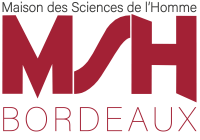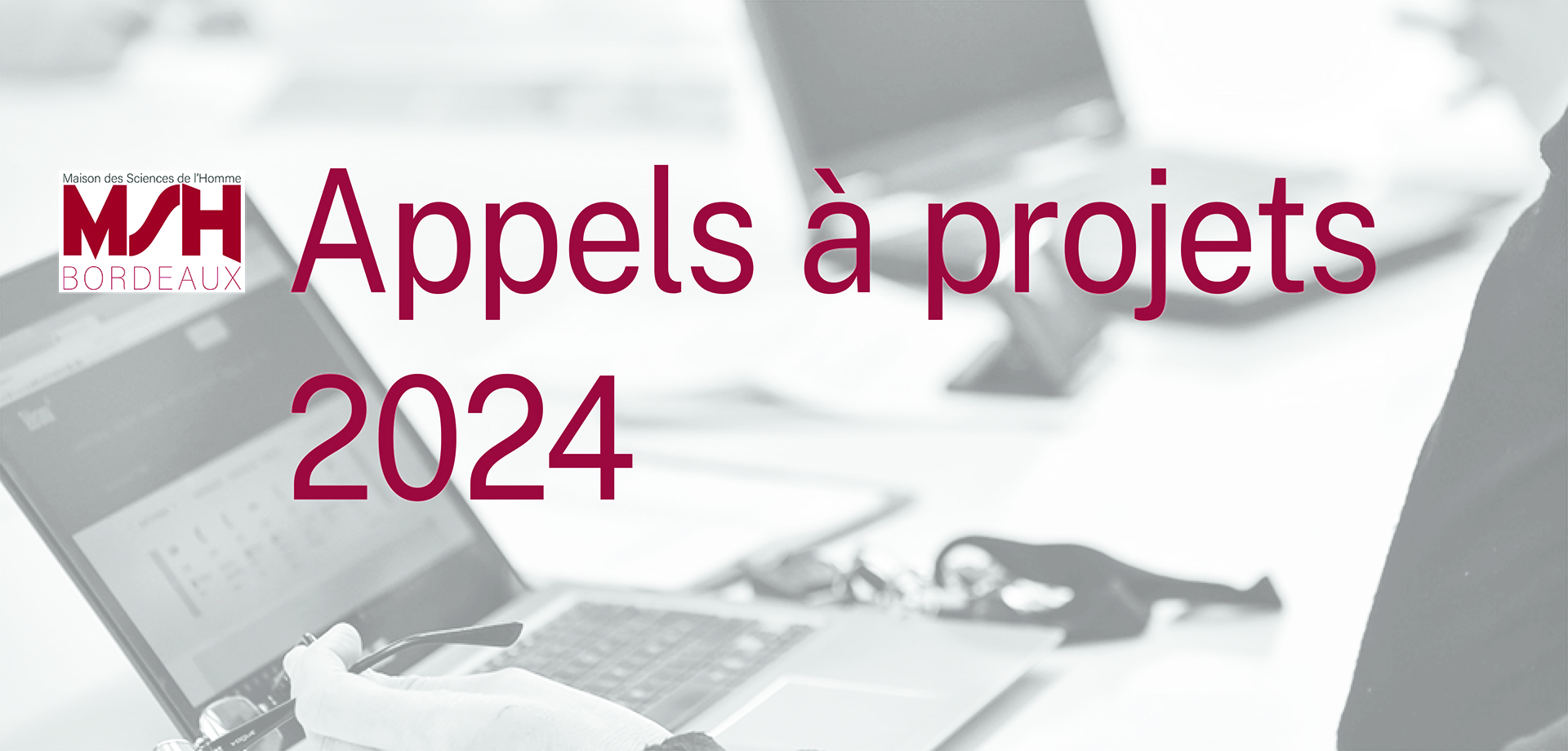MSH Bordeaux Seminar
Axis 2 Inclusive societies
Jean Borde Room – 9:30 a.m.-12:30 p.m.
Guest Professor: Giovanni Poggeschi, University Professor of Comparative Public Law Università del Salento, Lecce (Italy)
Linguistic rights (and duties) fall into three categories. First category linguistic rights aim at integration: language is not a legal object to be protected but rather the instrument with which the exercise of fundamental rights is allowed, including to people who have a foreign language as their language. kindergarten.
Second category linguistic rights are the rights of national, or linguistic, or historical minorities, according to the different terminologies which, in any case, reflect the same reality: that of communities having a historical anchor with the territory where they live and whose members are citizens of the state.
Finally, third category linguistic rights refer to foreigners and their descendants, a group of individuals which in English is defined by the expression “ persons with a foreign background ”.
The relationship between first and third category linguistic rights (and duties) is quite obvious: both categories concern people who have roots abroad, whether or not they have the nationality of the country where they live.
In the seminar we will discuss the evolution, in Europe – and in particular in Italy, Germany, France and Spain – of third category linguistic rights and duties. We will see that the “duty/integration” aspect is stronger than the “right/diversity” aspect, and this for different reasons – social and psychological. Basically, society pushes more towards linguistic integration in the language of the majority than towards conservation of the language of the original community. We will therefore analyze the main standards in force in Europe concerning the duty to learn the language of the host country by foreigners, especially when the latter are obliged to take an exam certifying knowledge of the official language of the country of residence.
However, there are experiences of promoting the original languages of “new minorities”: an already classic example is that, in Germany, of “ Müttersprachlicher Ergänzsunterricht ” (“additional courses in mother tongue”), followed by boys and girls of dozens of different linguistic origins, which are now called " Herkunftssprachlicher Unterricht " to emphasize the community stock ( Herkunft ) rather than the so-called mother tongue, which is often forgotten. These courses are still very popular in Nordrhein-Westfalen, the most populous of the Länder, but are in crisis in Bavaria, for political reasons.
In conclusion, we will present a field experience, observed within the framework of a secondary technical institute in Novoli (Lecce). In this structure the integration of many members of the Senegalese community is normally not done in Wolof, but in French. This leads us to consider the role of international languages which, for historical reasons, are part of the cultural heritage of a country, in this case Senegal. This is an important phenomenon in the enjoyment of third category rights, which unites certain peoples in the name of the French-speaking world.
Call for papers international conference
Projects supported by MSH Bordeaux as part of its AAP 2024




